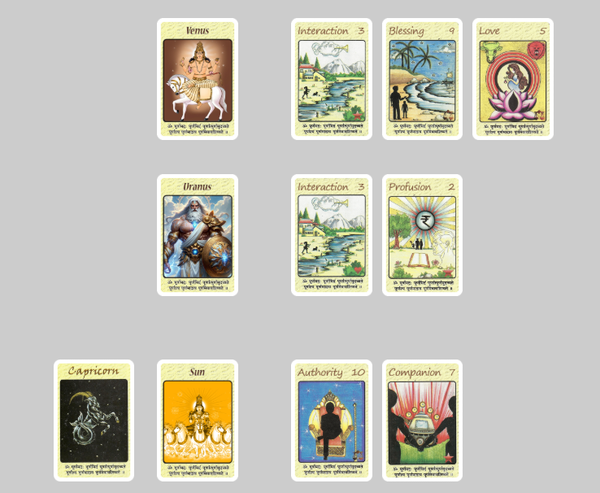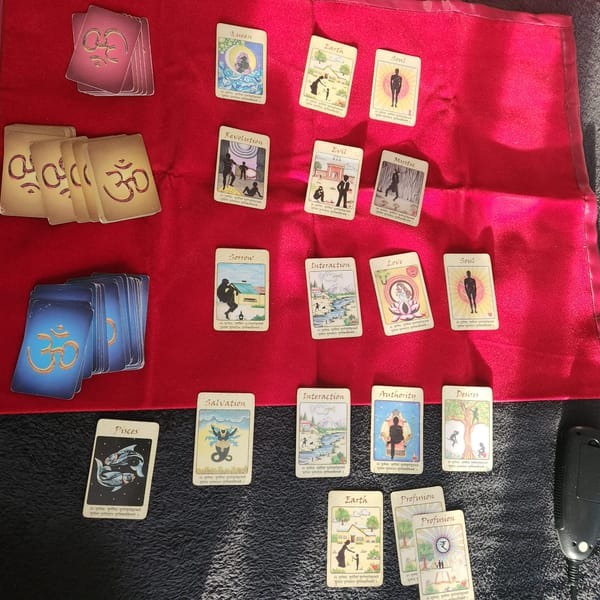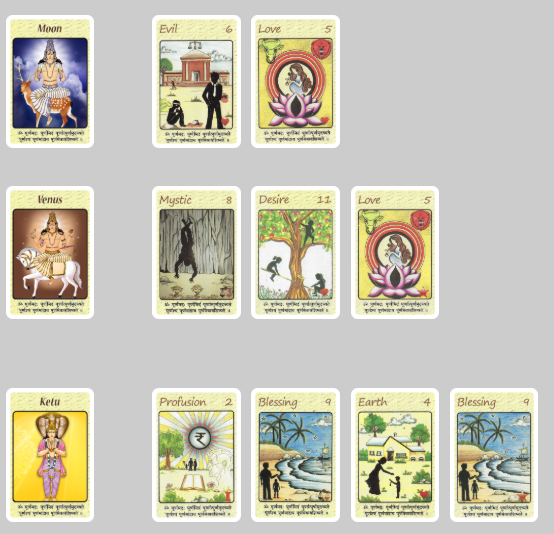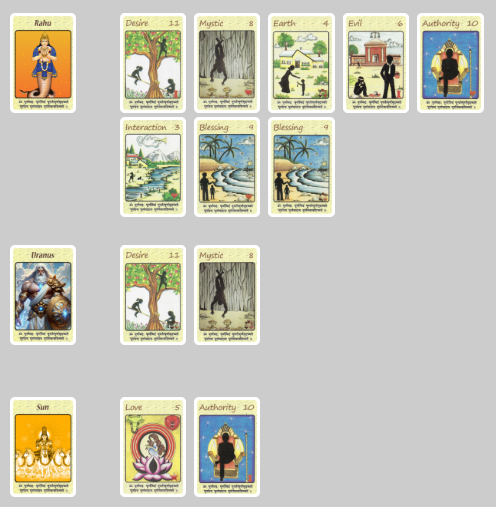The Story of Tulsi Vivah: The Sacred Marriage of Tulsi and Vishnu
Tulsi Vivah is a sacred Hindu festival commemorating the divine marriage of Tulsi and Lord Vishnu, symbolizing devotion, purity, and spiritual triumph. Rooted in the legend of Vrinda and Jalandhar #TulsiVivah #HinduFestivals #Bhakti #SacredTradition #VishnuPuja #OccultSanctum #SpiritualWisdom
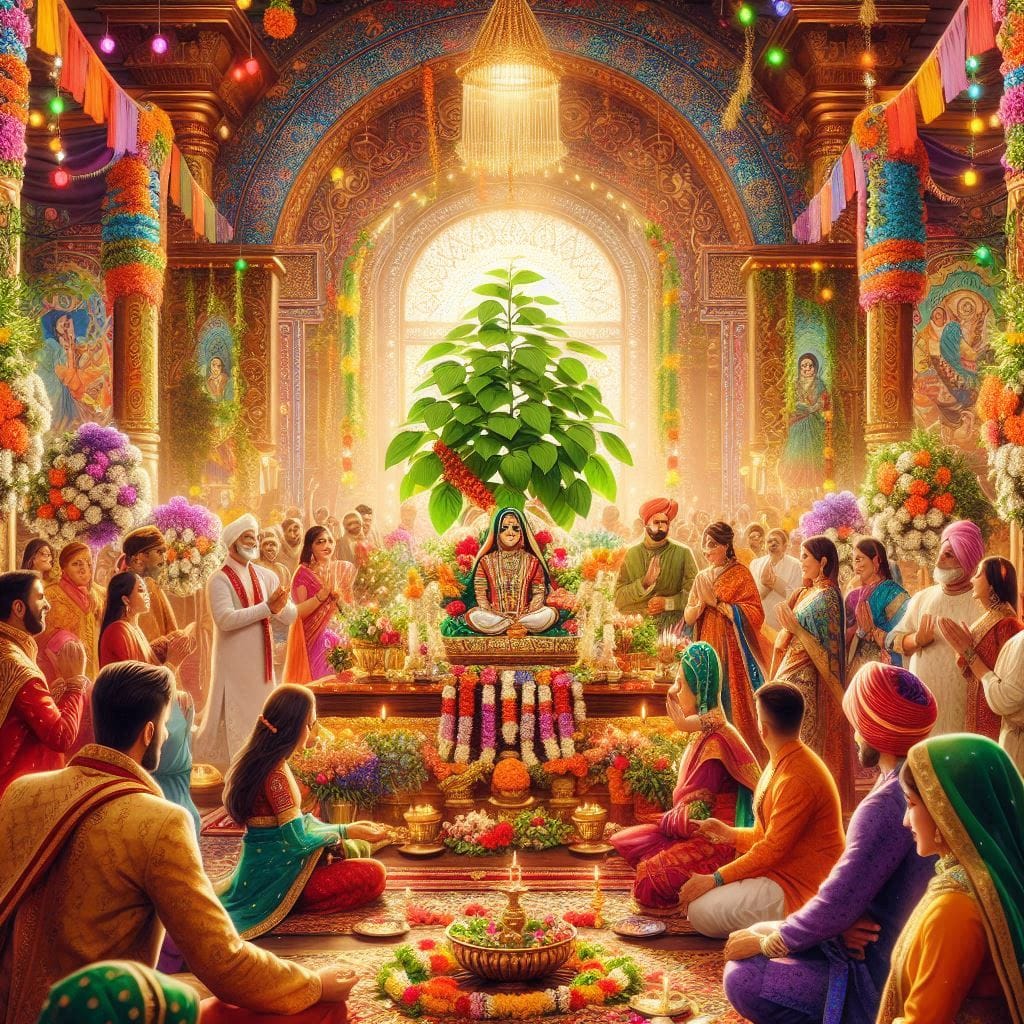
Introduction
Tulsi Vivah is one of the most sacred Hindu festivals, celebrating the divine marriage of Tulsi (the holy basil plant) and Lord Vishnu. This auspicious event is observed on the Ekadashi (11th day) of the Shukla Paksha in the month of Kartik, marking the end of the monsoon season and the beginning of the Hindu wedding season.
But why is Tulsi, a plant, married to Lord Vishnu? The story behind Tulsi Vivah is one of devotion, sacrifice, and the ultimate triumph of purity over darkness.
The Legend of Tulsi: Vrinda and Jalandhar
Long ago, in the heavenly realms, there lived a demon king named Jalandhar, born from the anger of Lord Shiva. He was immensely powerful, fearless, and invincible, as long as his wife Vrinda remained faithful and devoted to him.
Vrinda, a pious woman and a great devotee of Lord Vishnu, had immense spiritual strength. Her chastity and devotion created a protective shield around Jalandhar, making him immune to even the gods’ strongest weapons.
With his invincibility, Jalandhar waged war against the gods, challenging Lord Indra, Varuna, Agni, and even Lord Shiva himself. No one could defeat him.
Realizing that Jalandhar’s power came from Vrinda’s unwavering faith, the gods turned to Lord Vishnu for help.
Vishnu’s Divine Intervention
To weaken Jalandhar, Lord Vishnu disguised himself as Jalandhar and appeared before Vrinda. Seeing her "husband" return, Vrinda welcomed him with love and devotion. The moment she touched him, her sacred vow of chastity broke, and the protection around Jalandhar disappeared.
At that very moment, Lord Shiva defeated and destroyed Jalandhar.
When Vrinda realized the deception, she was heartbroken and devastated. Overcome with grief and betrayal, she cursed Vishnu:
"You deceived a devoted wife! May you turn into a black stone!"
True to her words, Lord Vishnu took the form of the Shaligram stone, which is still worshiped today as a representation of Vishnu.
Vrinda’s Transformation into Tulsi
Filled with sorrow, Vrinda immolated herself in grief. However, from her ashes, a miraculous plant sprouted—the Tulsi plant, which became one of the most sacred plants in Hindu tradition.
Moved by her immense devotion, Lord Vishnu blessed her, saying:
"O Vrinda, from this day, you shall be known as Tulsi. You will be worshiped in every home, and no offering to me shall be complete without your leaves. To honor your devotion, I will marry you every year in the month of Kartik."
Thus, the ceremonial marriage of Tulsi and Vishnu—Tulsi Vivah—is performed every year, symbolizing the eternal bond between devotion (Bhakti) and divinity (Vishnu).
The Rituals of Tulsi Vivah
On Tulsi Vivah, devotees perform a wedding ceremony where:
- A Tulsi plant is decorated like a bride, adorned with a red saree, flowers, and jewelry.
- A Shaligram stone (representing Vishnu) is dressed as a groom.
- The wedding rituals, including applying sindoor (vermilion) and tying a sacred thread, are performed just like a traditional Hindu wedding.
- Devotees sing bhajans and offer prasadam (holy food offerings) like sweets, fruits, and basil leaves.
This ceremony marks the beginning of the Hindu wedding season, as it is believed that after Tulsi Vivah, marriages can be performed.
The Spiritual Significance of Tulsi Vivah
Tulsi is more than just a plant—it is a symbol of purity, devotion, and selfless love. Tulsi Vivah teaches us:
- True devotion can overcome even the greatest obstacles.
- Faith in the divine is the ultimate protection.
- Sacrifice and love are the foundations of eternal blessings.
Even today, no Vishnu Puja is considered complete without Tulsi leaves, as it is believed that offering Tulsi pleases Lord Vishnu immensely.
Conclusion: The Eternal Bond of Devotion and Divinity
The story of Tulsi Vivah reminds us that true devotion never goes unnoticed. Tulsi, who suffered betrayal and loss, was elevated to divine status through her love for Vishnu.
Thus, every year, as Tulsi is married to Vishnu, devotees celebrate not just a wedding, but the unbreakable connection between the soul and the divine.
